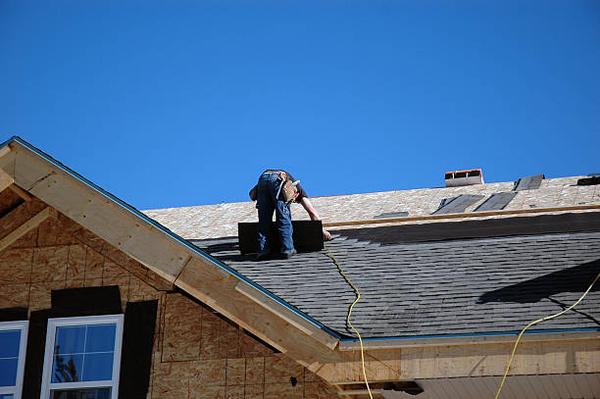Your LG refrigerator is an essential appliance in your home. It keeps your food fresh and maintains the right temperature for beverages and leftovers. To get the most out of your refrigerator and avoid costly repairs, it’s crucial to follow some simple maintenance practices. Here are some practical tips to help you extend the lifespan of your LG refrigerator.
1. Keep the Refrigerator Clean
Regular cleaning of your refrigerator is one of the easiest ways to prolong its life. Dust, dirt, and grime can accumulate on the condenser coils, which are located at the back or beneath the fridge. If these coils become dirty, the refrigerator has to work harder to maintain its temperature. This leads to increased energy consumption and wear on the appliance. Clean the coils every 6-12 months using a coil brush or a vacuum cleaner to remove any dust or debris.
Additionally, wipe down the interior of the fridge and freezer regularly. Clean up spills and food crumbs promptly to prevent bacteria buildup. Use a mild cleaning solution and a soft cloth to wipe the surfaces.
2. Check the Door Seals
The door seals on your LG refrigerator are crucial in maintaining its efficiency. If the seals are damaged or not sealing properly, cold air will escape, and warm air will enter, making the fridge work harder to stay cool. This can lead to higher energy costs and cause the fridge to wear out faster.
Inspect the seals every few months to check for any cracks or signs of wear. To test if the seals are working, close the door on a piece of paper and try to pull it out. If it slides out easily, the seals may need to be replaced. Replacing damaged seals can help prevent energy loss and increase the lifespan of the refrigerator.
3. Maintain the Proper Temperature
Keep the temperature in your refrigerator between 37°F and 40°F (3°C to 4°C) and the freezer at 0°F (-18°C). This range helps maintain food freshness while reducing energy consumption. A temperature that is too low can cause your refrigerator to overwork, while a temperature that is too high can cause food to spoil faster.
Use a thermometer to check the internal temperature and adjust the settings if needed. Avoid overloading the refrigerator, as it can affect airflow and make it harder for the appliance to maintain the proper temperature.
4. Ensure Proper Airflow
Airflow is critical for your refrigerator’s performance. Overstuffing your refrigerator can block vents and restrict the flow of air, making it harder for the appliance to maintain an even temperature. Ensure that air can circulate freely by not overcrowding shelves or blocking vents with food items. Keeping the airflow clear also helps with energy efficiency.
5. Defrost the Freezer Regularly
If your LG refrigerator has a manual defrost freezer, it’s important to defrost it regularly to prevent ice buildup. Ice buildup can reduce the efficiency of the freezer, causing it to work harder to maintain the correct temperature. Follow the manufacturer’s guidelines for defrosting to ensure proper function.
For models with an automatic defrost feature, monitor the freezer to ensure that the system is working correctly. If you notice excessive frost buildup, there could be an issue with the defrost system that requires professional attention.
6. Avoid Overloading or Overcrowding
While it’s tempting to fill up your fridge to the brim, overloading it can cause several issues. Excessive weight can strain the compressor, while overstuffing can block vents and make it harder for the refrigerator to maintain a consistent temperature. Try to keep the fridge organized and ensure that there is enough space for air to circulate freely.
7. Keep the Fridge Away from Heat Sources
Placing your refrigerator near heat sources like ovens, direct sunlight, or radiators can make it work harder to stay cool. This can lead to increased energy consumption and put unnecessary stress on the appliance. Position your LG refrigerator away from such heat sources to help it operate more efficiently.
8. Schedule Regular Professional Maintenance
While DIY maintenance is important, it’s also wise to schedule professional maintenance for your LG refrigerator. An appliance repair San Diego expert can inspect the appliance for potential issues, clean the internal parts, and perform any repairs or adjustments needed. Regular professional check-ups can catch minor problems before they turn into costly repairs.
9. Avoid Slamming the Door
Closing the fridge door gently is a simple yet effective way to prevent damage to the door seals and hinges. Slamming the door can cause the seals to lose their tightness, leading to cold air escaping and energy loss.
10. Keep the Refrigerator Level
Ensure that your LG refrigerator is level. An uneven fridge can cause the doors to misalign, affecting the seals and potentially causing leaks. Use a level tool to check the appliance’s position and adjust the legs if necessary.
Conclusion
By following these maintenance tips, you can help extend the lifespan of your LG refrigerator and keep it running efficiently for years. Regular cleaning, proper temperature settings, and timely professional maintenance will help your appliance last longer and avoid costly repairs. If you ever experience issues that require expert assistance, contacting appliance repair professionals in San Diego can ensure your refrigerator stays in top condition.





